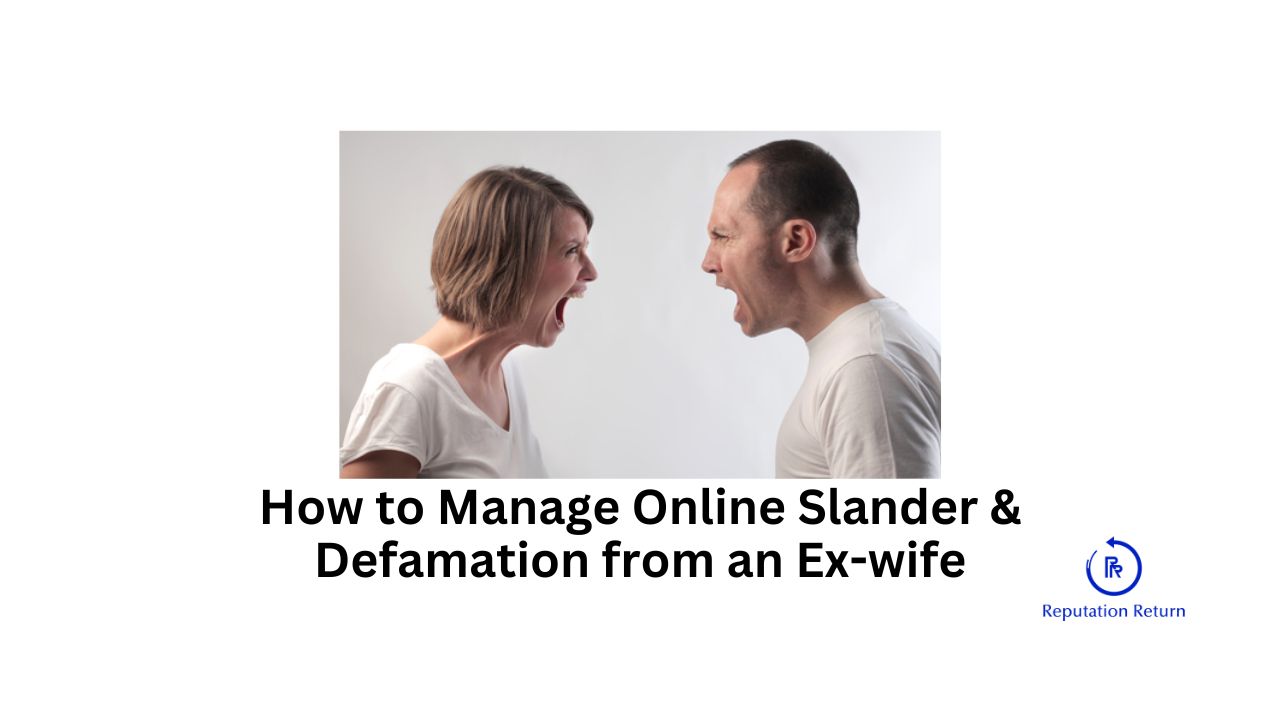Dealing with online slander and defamation from an ex-wife can be both emotionally taxing and legally complex. Here’s a comprehensive guide to addressing the situation effectively:
Document the Evidence
First and foremost, document everything. Take screenshots of defamatory posts, comments, or messages, ensuring you capture the dates and URLs where the defamation appears. It’s also helpful to note any witnesses who have seen the defamatory content. Having a detailed record is crucial for any future legal actions.
Understand the Law
Defamation involves false statements presented as facts that harm your reputation. Understanding the legal criteria for defamation in your jurisdiction is essential, as laws can vary significantly. Generally, for a statement to be considered defamatory, it must be false, presented as a fact, and result in damage to your reputation.
Contact the Platform
Most social media platforms and websites have mechanisms for reporting defamatory content. Use these tools to report the harmful content, following the platform’s procedures to request its removal. Be persistent and thorough in your reports, providing all necessary evidence.
Seek Legal Advice
Consulting an attorney who specializes in defamation or family law can provide you with a clear understanding of your legal options. Your lawyer might recommend sending a cease and desist letter to your ex-wife, demanding she stop her defamatory actions. If necessary, you may consider pursuing legal action for defamation, seeking damages for the harm caused.
Protect Your Online Reputation
Creating and promoting positive content about yourself is a proactive way to counteract the negative remarks. Regularly update your social media and professional profiles with accurate and positive information. This not only helps overshadow the defamatory content but also presents a more balanced view of your online persona.
Limit Engagement
It’s important to avoid engaging in retaliatory behavior online, as this can escalate the situation further. Adjust your privacy settings on social media to limit who can see and comment on your posts. Keeping your online interactions professional and positive is key to managing your reputation.
Consider Mediation
If possible, consider using a professional mediator to address and resolve the conflict with your ex-wife outside of court. Mediation can provide a more amicable resolution and help prevent further online slander.
Emotional Support
The emotional toll of defamation can be significant. Seeking support from a therapist or counselor can help you manage the stress and emotional impact of the situation. Additionally, leaning on friends and family for support and guidance during this challenging time is invaluable.
Reputation Management Services
Hiring a reputation management company, like Reputation Return, can be highly beneficial. These companies specialize in repairing and maintaining your online image. They can assist in removing negative content, promoting positive information, and monitoring your online presence to ensure your reputation remains intact.
By taking these steps, you can effectively address online slander and defamation, protect your reputation, and move forward with greater peace of mind.

